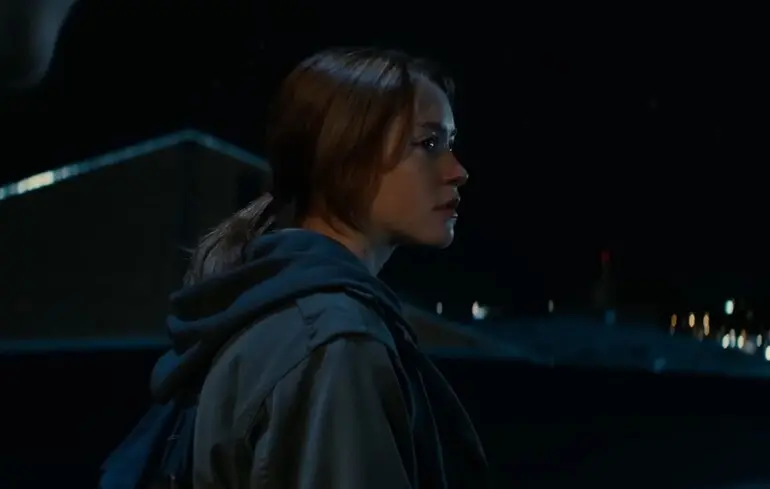The World’s First Full-Length Film with Visual Dubbing Using AI: Revolution or Ethical Dilemma?

A groundbreaking shift is taking place within the global film industry as a growing number of companies leverage artificial intelligence to create visual dubbing for full-length movies.
American studio XYZ Films has recently showcased the potential of these advanced technologies by releasing a new AI-assisted version of the Swedish sci-fi film “Watch The Skies.” This visual adaptation, crafted using the innovative tool DeepEditor, enables precise synchronization of actors’ lip movements and facial expressions with a new English language track, all while maintaining the emotional integrity of their performances.
According to Max Cohen, the studio’s Chief Operating Officer, the U.S.
market’s reluctance toward subtitles and traditional dubbing has long hindered the international reach of foreign films.
He emphasizes that without such AI-driven innovations, many foreign titles would never make it into American theaters.
The English version of “Watch The Skies” was released in May across 110 AMC cinemas nationwide, and plans are underway for further similar projects.
These technological advancements promise to revolutionize content localization, reducing costs by up to ten times and significantly accelerating post-production workflows.
However, the rise of AI dubbing also raises important ethical questions about preserving cultural and linguistic authenticity.
Scripter and director Scott Mann, founder of London-based Flawless, which developed DeepEditor, notes that this technology is set to reshape the industry by providing filmmakers with new tools for voice and face adaptation without re-shoots.
Major streaming platforms like Netflix and Apple have already expressed interest in integrating such solutions.
Industry analysts predict that the global film dubbing market will grow from $4 billion in 2024 to $7.6 billion by 2033, driven by the expansion of streaming services.
Critics, however, warn that widespread use of AI dubbing might dilute cultural diversity; experts argue that replacing subtitles and traditional dubbing could hinder cross-cultural understanding and accessibility for viewers with hearing impairments or language learners.
In a landmark moment, Netflix’s series “Ethernawt” featured its final scenes entirely generated with AI, marking the first time a streaming platform has employed AI-created visuals in an official production.
While these innovations offer significant benefits in cost and time savings, they also prompt vital discussions about the future of cinematic storytelling and cultural preservation.

